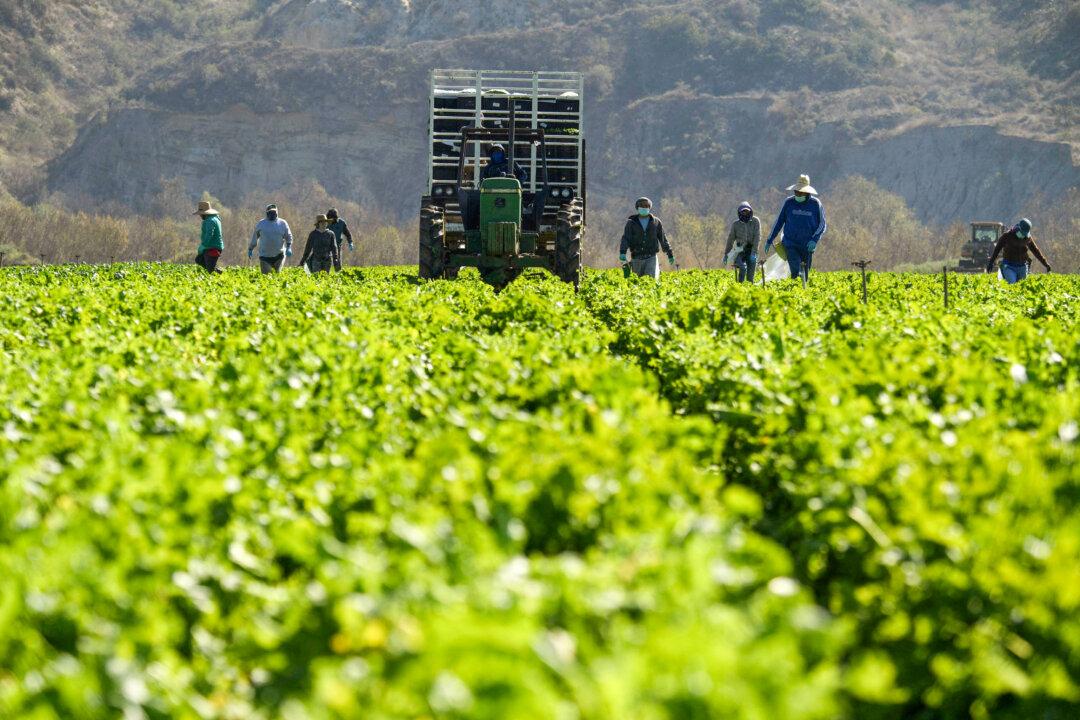Commentary
We’ve lost much of our ability to live in community. Culturally, the goal has become the “I”: the individual. Get a house with a white picket fence, maybe a pool, and focus on my family, my stuff.

We’ve lost much of our ability to live in community. Culturally, the goal has become the “I”: the individual. Get a house with a white picket fence, maybe a pool, and focus on my family, my stuff.